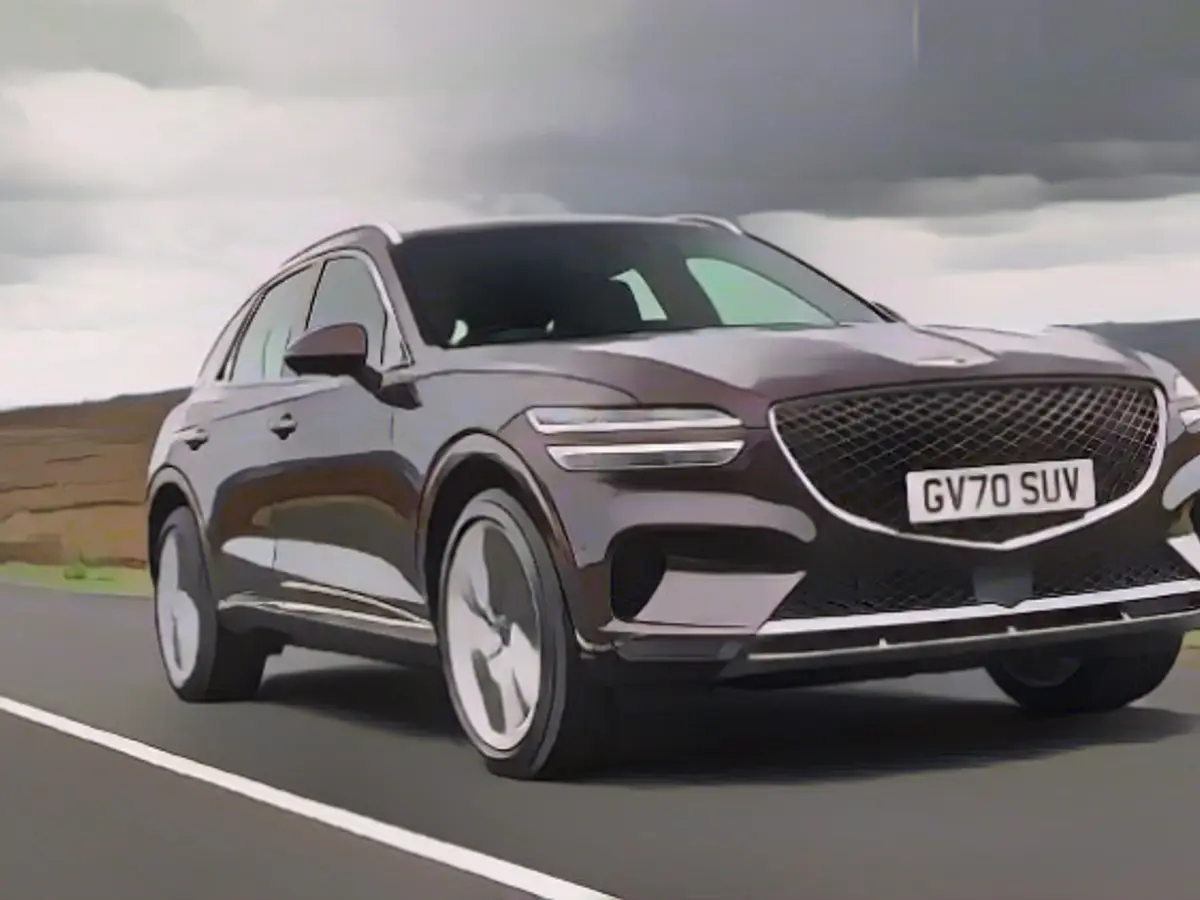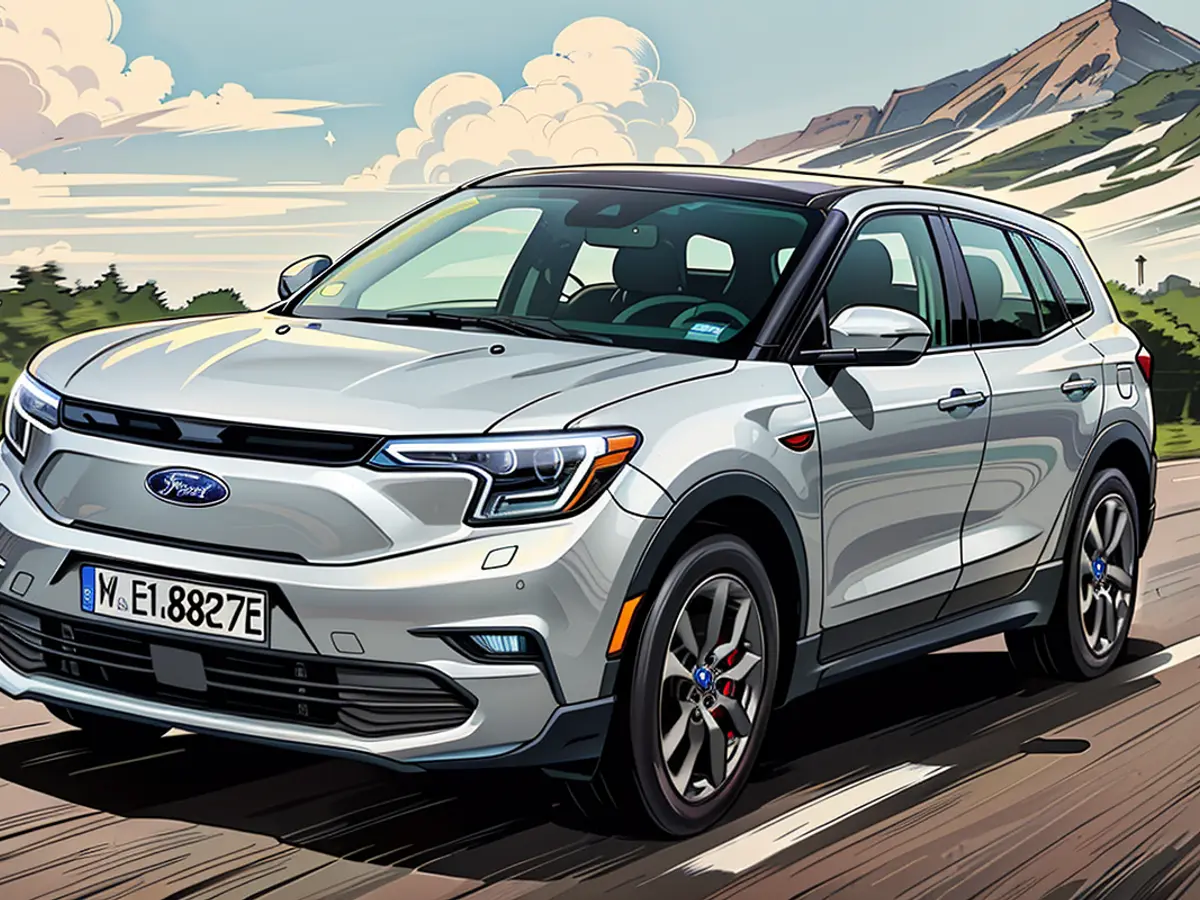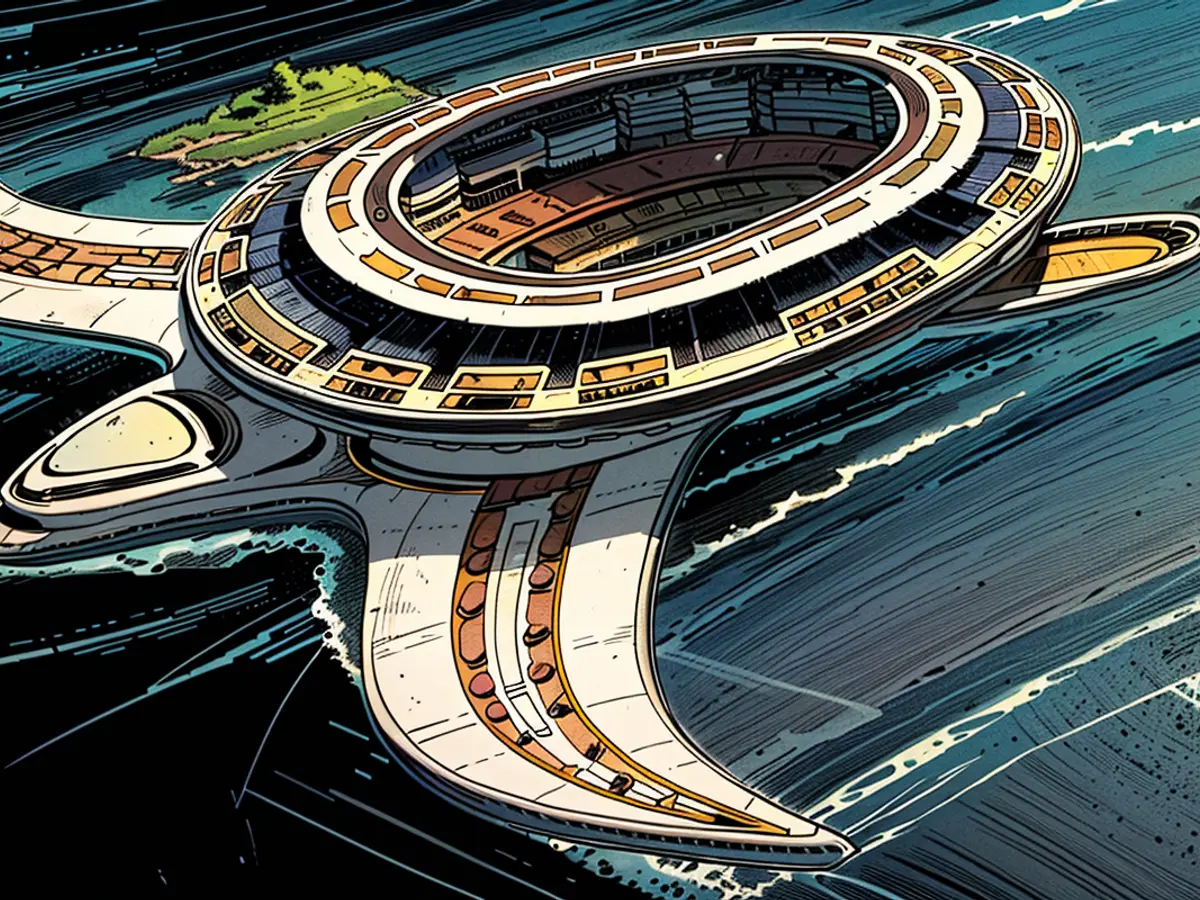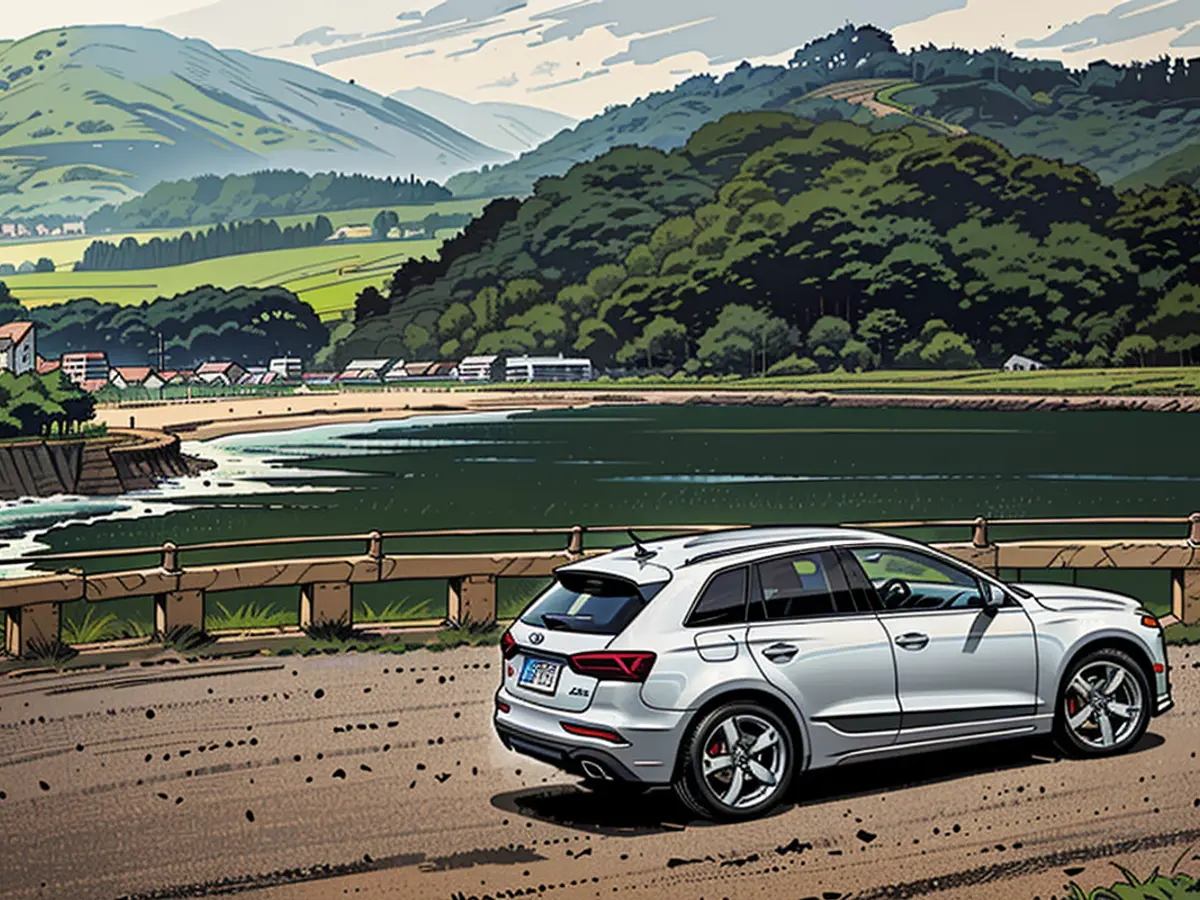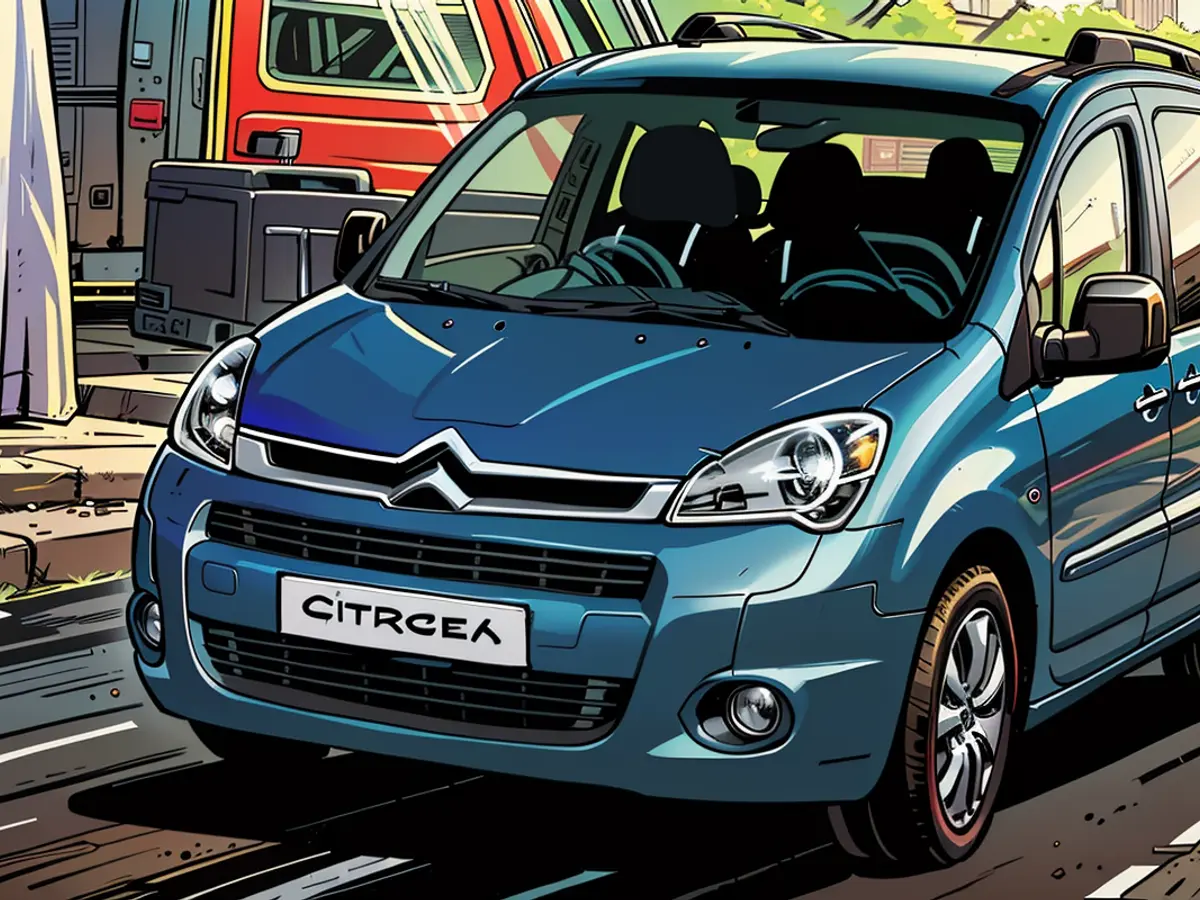The massage starts automatically after one hour
What is important on long car journeys? Comfort, safety and good entertainment. Frequent drivers in particular should consider a few extras when buying a car. Five examples of special extras.
If you travel a lot by car, you want to be nice and comfortable on board. Some optional or partly standard technical extras are particularly worthwhile. Here are five specific examples that have recently proven their worth in everyday editorial work, but also stand for general purchase recommendations.
Massage seat: Genesis GV70
Massage seats for drivers and front passengers are available in a wide range of qualities - from barely perceptible alibi versions to very firm kneading seats. The Ergo Motion seat, which Genesis, the upmarket Hyundai subsidiary, offers in the GV70 and other models, strikes a happy medium with its seven inflatable air cushions. The relaxation function ("Smart Posture Assist"), which can be selected via the infotainment system, is particularly impressive: it activates automatically after an hour of driving and gently massages the back of the driver's body. This prevents fatigue and ensures a relaxed arrival at the destination. Cost: just under 2000 euros.
Freeway pilot: Mercedes S-Class
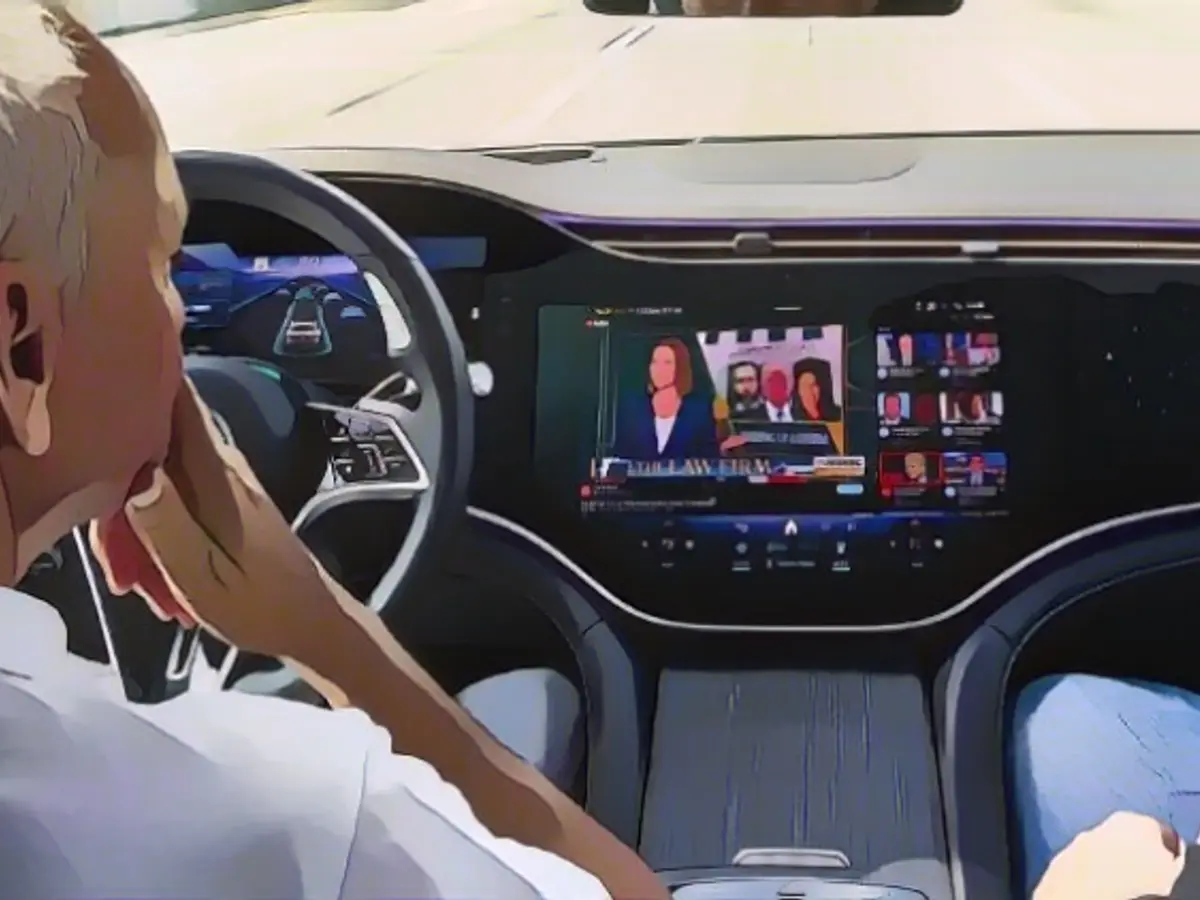
Adaptive cruise control is a blessing, especially on long, monotonous journeys or in heavy traffic. While the car maintains its lane and distance on its own, the driver can relax his legs and feet. Mercedes currently offers the most advanced form of this technology in the S-Class, among others: Drive Pilot allows the driver to permanently let go of the steering wheel under certain conditions and turn their attention away from the traffic. This makes it legal to read the newspaper, surf the web or watch a movie at the wheel. However, at around 6000 euros, this function is relatively expensive in the already expensive Mercedes models. However, the basic "adaptive cruise control" level is available as standard in many models from various brands or for a comparatively low surcharge.
Matrix LED: Opel Corsa
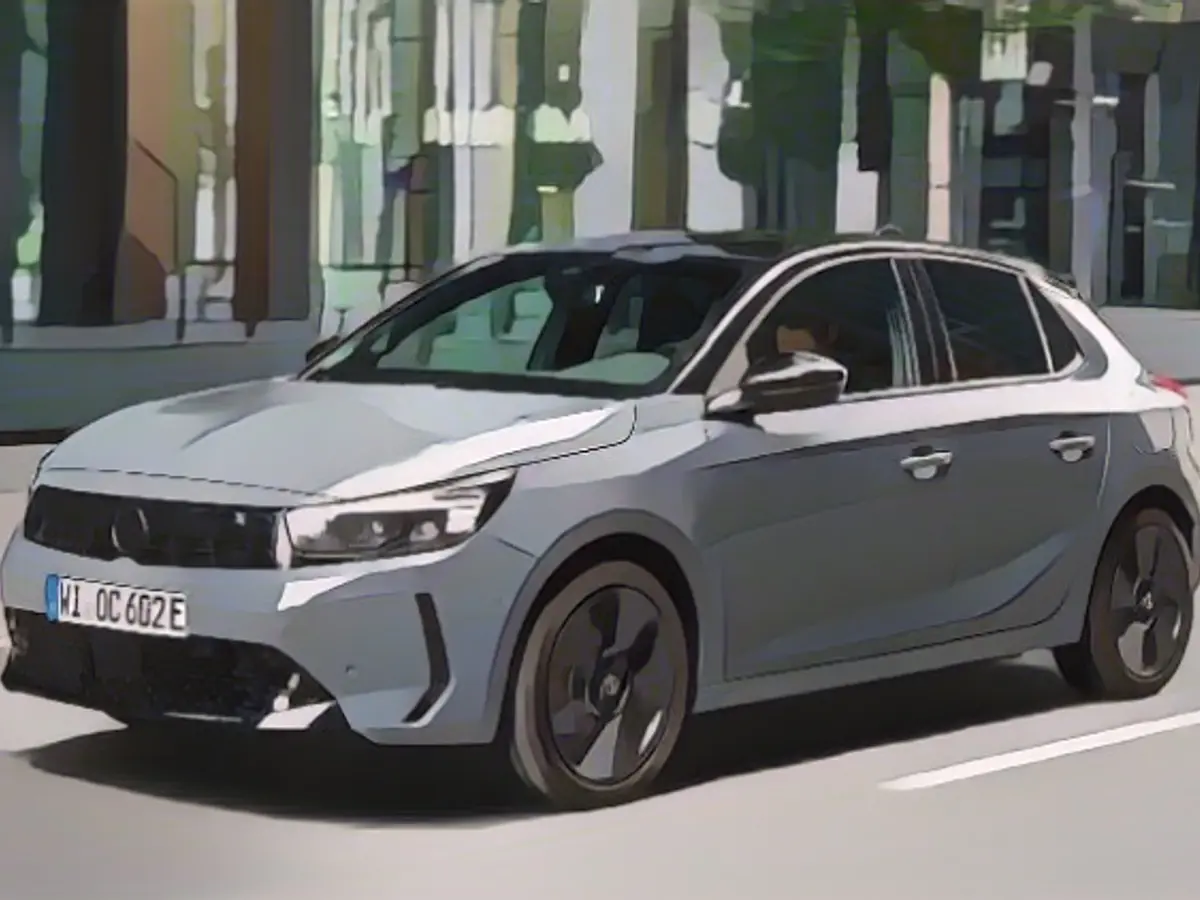
Really good light is no longer just a luxury class feature. While xenon headlights used to be an expensive luxury, for reasons of efficiency even small cars have long had comparably bright LED technology on board. Matrix LED headlights are not yet quite as widespread in the budget segments. These not only have a fixed forward-facing light, but also several individually controllable clusters that adapt the light cone to the course of the road and avoid dazzling oncoming traffic despite continuous high beam. The technology is being strongly positioned by Opel, among others, where it is now available in almost all models under the name "Intellilux". In the Corsa, for example, for a relatively low 750 euros.
Comfort chassis: Citroen C4
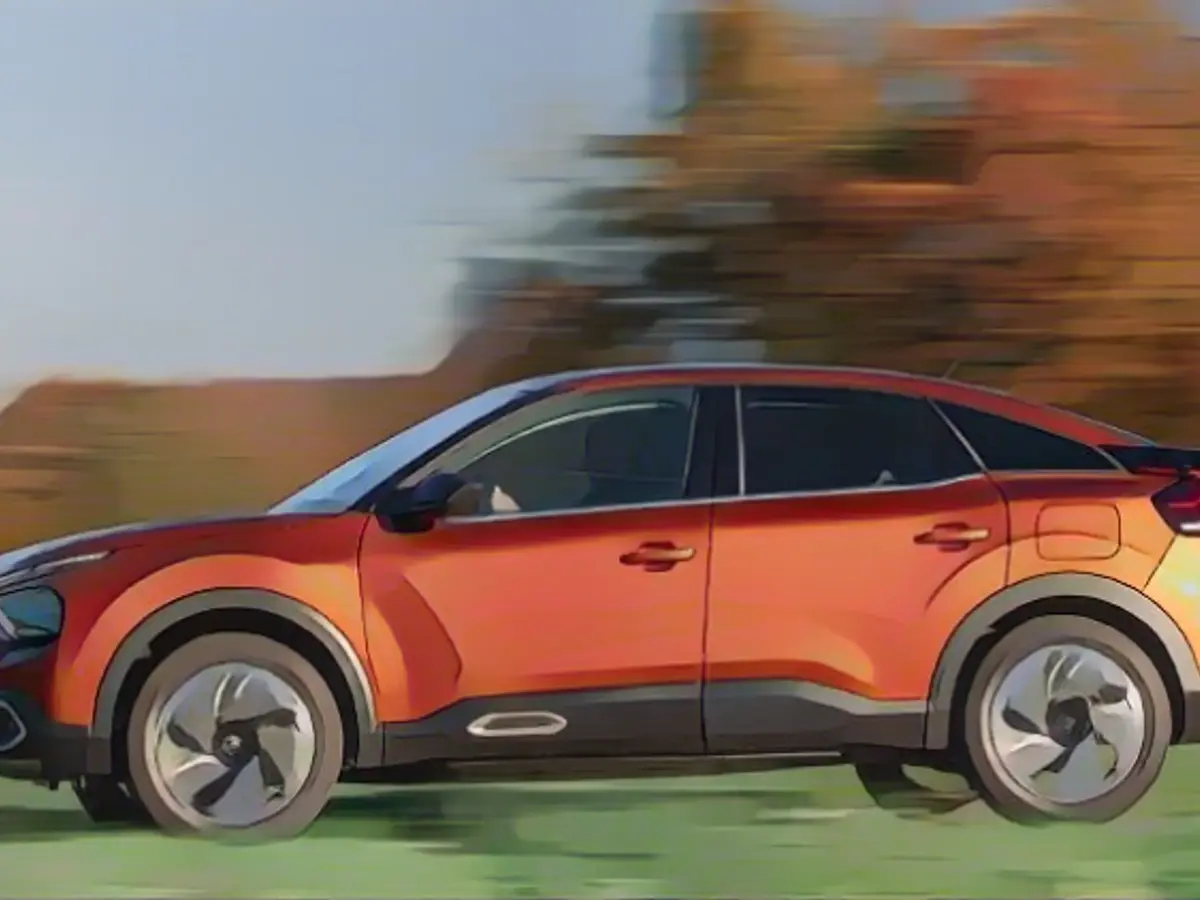
Today, air suspension is the measure of all things when it comes to ride comfort. It turns luxury class saloons and SUVs into automotive flying carpets. But at a high cost. The standard "Advanced Comfort" technology, with which the Citroen brand wants to define its own character in the large Stellantis family between Opel, Fiat and Peugeot, is not quite as superior, but also extremely smooth - in the tradition of the legendary "hydropneumatics" from the 1950s. Seats, bodywork and chassis - especially the dampers - were tuned during development so that models such as the compact C4 offer a significantly more modern rolling behavior than their group brothers. And all this without developing the rocking that French models used to be criticized for in Germany.
Connectivity: Volvo XC40
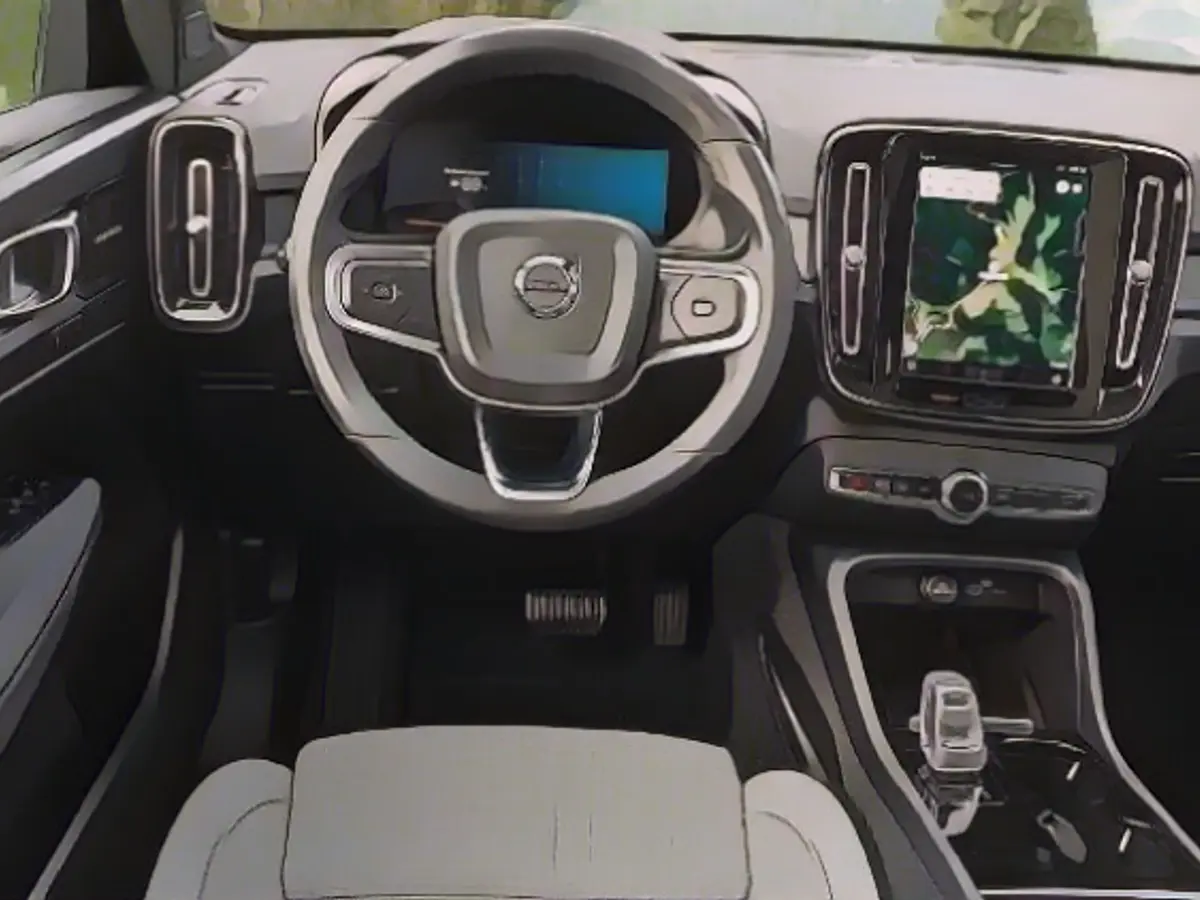
The more cars converge technically (electric motors) and visually (SUVs), the more important infotainment and connectivity become. However, quite a few manufacturers fail to bring usability and user experience to a level that customers are used to from their own smartphone, for example. Volvo was therefore quick to use Google's Android as the basis for its infotainment unit - a trend that other brands such as Renault are now also following. The Swedes' models not only have the still outstanding Google Maps navigation with real-time traffic data and satellite view on board, but also an app store with additional streaming and productivity tools. Thanks to Google Assistant, intelligent voice control is also always included - something that is far from a matter of course in new cars.
Source: www.ntv.de
